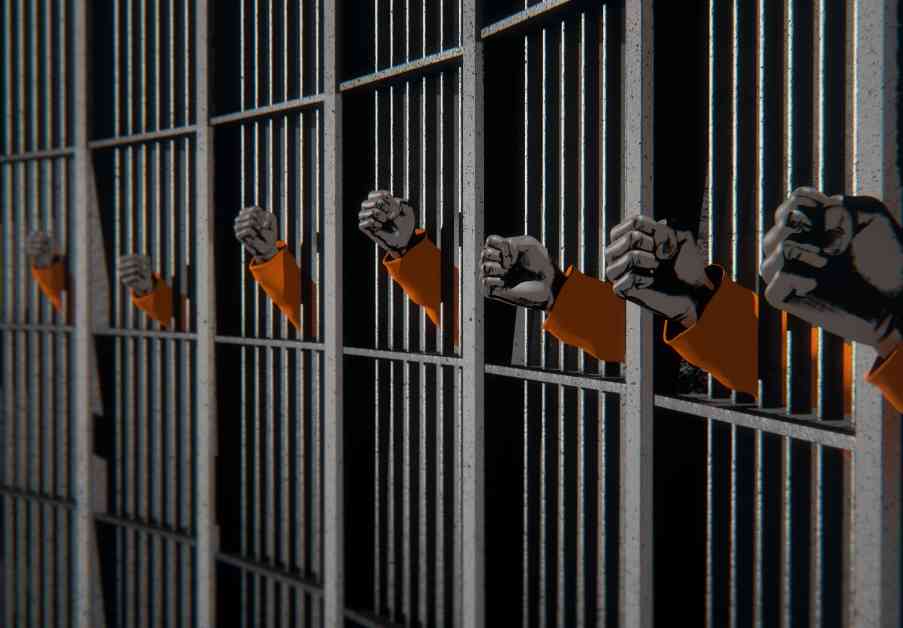Julio “Alex” Zuniga, also known as “Comrade Z,” is a 44-year-old activist currently serving a 15-year sentence at the Memorial Unit in Texas. While incarcerated, Zuniga, like many others in the Texas prison system, was required to work without pay in fields that were once owned by slaves. Despite his love for farm work, Zuniga began advocating for himself and his fellow incarcerated workers after learning about the history of the land he was working on and labor movements.
In 2019, Zuniga joined the Incarcerated Workers Organizing Committee (IWOC) to push for better conditions and recognition as employees. Incarcerated workers lack many protections guaranteed to other workers, such as the right to organize and collectively bargain. Zuniga’s organizing efforts, along with other IWOC members, have shed light on the challenges faced by incarcerated laborers, including unsafe working conditions and lack of legal protections.
In Texas, the 13th Amendment to the U.S. Constitution allows for the use of incarcerated individuals as free forced labor. This practice is prevalent in Texas, where more than 40,000 people convicted of nonviolent crimes are forced to work without pay. Incarcerated workers face disciplinary actions if they refuse to work or report injuries, leading to underreported work-related accidents.
Despite the risks involved, organizations like IWOC have empowered incarcerated individuals to seek better conditions and advocate for their rights. While legislative efforts are slow-moving, there is hope that change can be achieved through outside advocacy and support. Prison unions like IWOC play a crucial role in amplifying the voices of incarcerated workers and pushing for meaningful reform within the prison system.
In the face of adversity and setbacks, activists like Zuniga continue to fight for justice and better conditions for incarcerated workers. Despite facing rejection at a recent parole hearing, Zuniga remains determined to make a difference and support his fellow incarcerated individuals. His story is a testament to the resilience and determination of those advocating for change within the criminal justice system.


